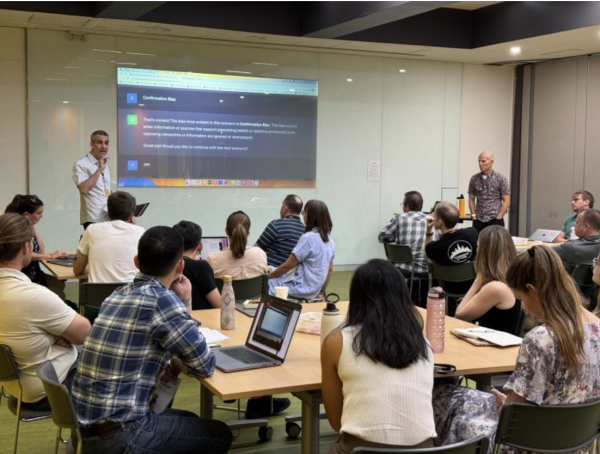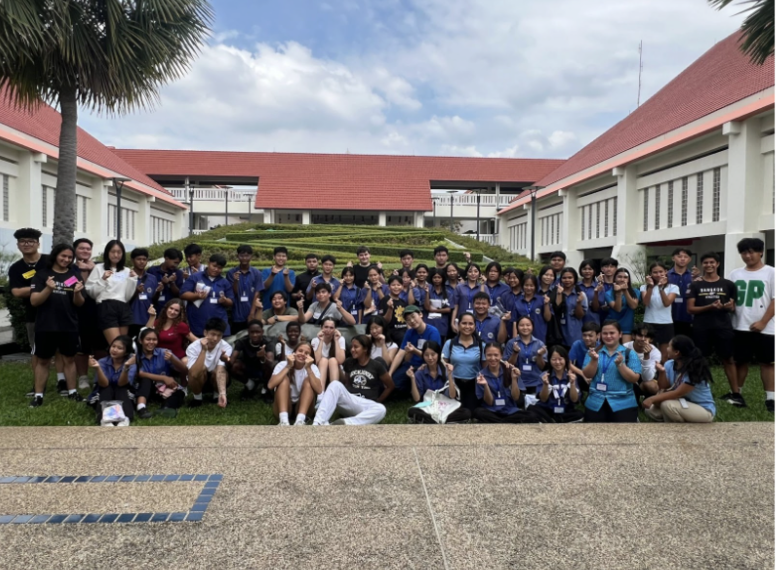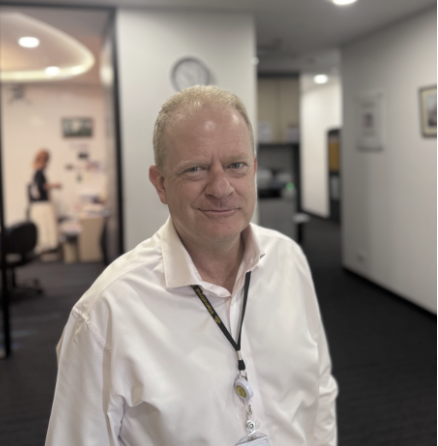Following recent course selections and college admissions, there can be intense pressure on Grade 10 students to map out their futures. Deciding between IB and AP can be overwhelming for sophomores, some of whom enter their second year of high school with clear goals for their career and education while others still need to figure out their true interests. Exploring potential careers and understanding their skills and interests is beneficial for all students, but not everyone is ready by Grade 10 to commit to a single career pathway, and doing so can unnecessarily narrow their options. Should sophomores be expected to know with certainty their future career path?
Some educators and parents believe students should have a clear idea of what career path they want to pursue after graduation by the second semester of Grade 10. But there are good arguments on both sides of this issue. A definite career goal can motivate students and help guide their course selections. Students who know what career path they want to pursue can strategically choose classes and extracurricular activities that build their profile, skills, and experiences in those fields. Furthermore, this focused approach may lead to internships or summer jobs. By pursuing these opportunities, students can gain hands-on preparation and explore the fields they are interested in, giving themselves a head start on their career path.
Thanaphat “Pepper” Aphichatabut, a sophomore who plans to pursue engineering, says this clear goal has allowed him to plan his course selections, extracurriculars, and summer plans strategically to build relevant credentials. He recently had a summer internship with a biomedical engineering company, gaining experience in the field and learning new skills from professional mentors. “I aim to utilize this experience in my portfolio,” he says. “It gave me the opportunity to learn a lot and gain hands-on experience.” This focused preparation populates Pepper’s résumé with confirmation of his early passion for engineering. Getting a head start on career direction allows committed students like Pepper to devote their high school time to their passion.

While having a direction can benefit some sophomores, others argue that students should keep their options open. A student’s interests at 15 likely do not fully capture potential skills and talents. Additionally, new careers arise constantly while existing ones evolve. What seems appealing now may not suit someone in the next few years. Students who rigidly fixate on one plan risk closing opportunities too early, struggling to adapt if their interests change. Take the journey of ISB English teacher Richard Werner, for example. “I started off as a veterinary student, but chemistry killed me,” he recalls. “I went into journalism, but it was a little bit dry. I played around with career choices for a while.” Ultimately, it was “life experience,” not course selection, that convinced him to become an English teacher.
After being booted out of university, he floated around until he worked on a farm in a kibbutz, an intentional community in Israel. He discovered how much he enjoyed interacting with children daily and appreciated their optimism and energy. This experience clarified his passions and strengths. Mr. Werner credits this serendipitous self-discovery process for leading him to teaching. His story demonstrates how allowing one’s interests to shift naturally over time through life experiences can reveal unexpected paths.
Similarly, ISB English teacher David Giles has demonstrated how maintaining balance and maintaining an interest in diverse subjects can lead to a passionate career. He entered UC Berkeley, majoring in International Political Economy, and double majoring in German as it let him “dabble in a lot of different subjects.” But, it soon became apparent that his choice of career path did not suit him. “I was thinking of being a German teacher,” he says. “But German is a language that’s not taught in school anymore. So, that quickly was not a viable career path. So then that’s when I started to think about being an English teacher.”
Through this journey of experiencing diverse studies and reconsidering options, Mr. Giles eventually discovered passion and talents well-suited for teaching English. His career path changed over time by remaining flexible, exploring interests, and recognizing the value of his skills.
Likewise, Andrew Cohen, an ISB English teacher, exemplifies how it is acceptable to be unsure about one’s career path. During high school, he recalls, “I didn’t have many options available. I had to take what everybody else was taking.” Initially, he thought he wanted to pursue business or become a doctor. “I didn’t declare a major until my sophomore year in university,” he states. “Then I switched majors multiple times during my path because I was very confused about what I wanted to do.” Interestingly, Cohen never considered becoming an English teacher. “Never considered it. Probably, I had the complete opposite idea. Like I never wanted to be a teacher. It’s probably closer to what my real idea was at the time.” However, his journey led him to this career, and he advises, “Do what you love. If you enjoy doing something, you will put in a lot of passion and energy into it, and you will do it really well.”

As sophomores, we still have an entire life ahead of us. Through experiences and exploring our changing interests, we will gradually uncover the right paths for us. It’s essential to recognize that while having a clear direction can be beneficial, remaining open to change and exploration is equally valuable. The stories of Pepper, Mr. Werner, Mr. Giles, and Mr. Cohen illustrate that success and fulfillment can be achieved in various ways. Whether through a focused approach or a journey of discovery and flexibility, success and satisfaction can come in multiple ways. As Mr.Giles advises, “Don’t measure yourself by a number. It’s unrealistic to expect sevens in all your classes, and you’re going to be eternally disappointed. Have balance in your life and just dabble in a lot of things. Doors will open if you have a wide variety of talents.”







